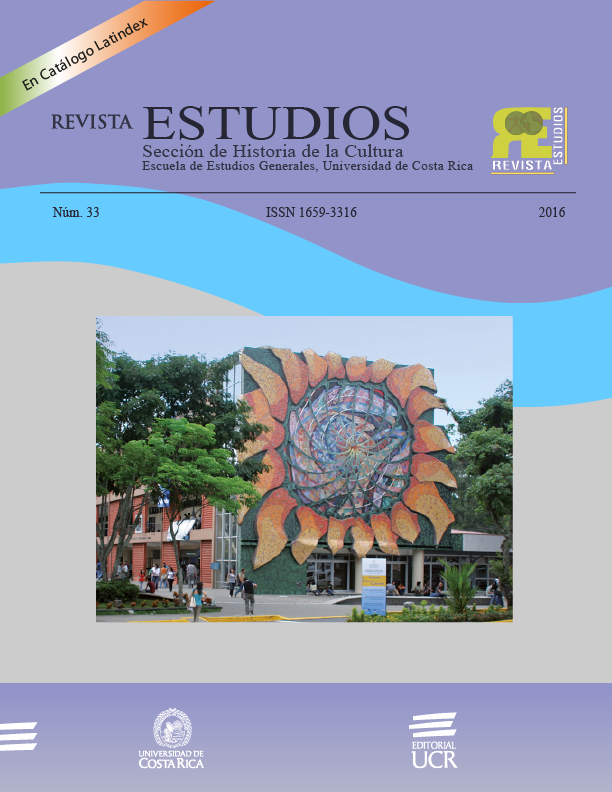Abstract
This article aims to analyze the main factors that led to a series of scientific controversies linked with the institutionalization of meteorology as a scientific activity in Costa Rica. The foundation of the National Meteorological Observatory (1887) and later the National Meteorological Institute (1888), brought a debate on the validity of meteorological observations in the country before the founding of the first institution. This question provoked an intense debate involving Henri Pittier, director of the Meteorological Institute and other actors members of the Costa Rican scientific community (Enrique Villavicencio, Pedro Nolasco Gutierrez, Carlos Francisco Salazar, Jose Moreno and Juan Fernandez Ferraz). They questioned the validity of the work of the scientific entity in the meteorological field. The background of this controversy is linked to the closure of the University of St. Thomas (1888) and the growing support that provided the Costa Rican government to scientists projects of Pittier. This author and his interlocutors discussed their ideas in the media of the time and their controversy not infrequently transcended the scientific field to the personal one.
References
Arellano Hernández, A.(2003). La sociología de las ciencias y de las técnicas de Michel Callon y Bruno Latour. Ocampo Ledesma, Jorge; PatlánMartínez, Jorge y Arellano Hernández, Antonio (coord.). Un debate abierto. Escuelas y corrientes sobre la tecnología. México: Universidad Autónoma Chapingo. Centro de Investigaciones Económicas, Sociales y Tecnológicas de la Agroindustria y la AgriculturaMundial (CIESTAAM), 87-103.
Arias Sánchez, R.F.(2002). Médicos y cirujanos en la Historia de Costa Rica de la Colonia al liberalismo. San José, Costa Rica: Ministerio de Salud.
Azuela, L. F.(1995). La institucionalización de la meteorología en México a finales del siglo XIX. Rodríguez-Sala, María Luisa y Moncada Maya, José Omar. La cultura científico-tecnológica en México: Nuevos materiales multidisciplinarios. México: UNAM –Instituto de Investigaciones Sociales, 99-105.

